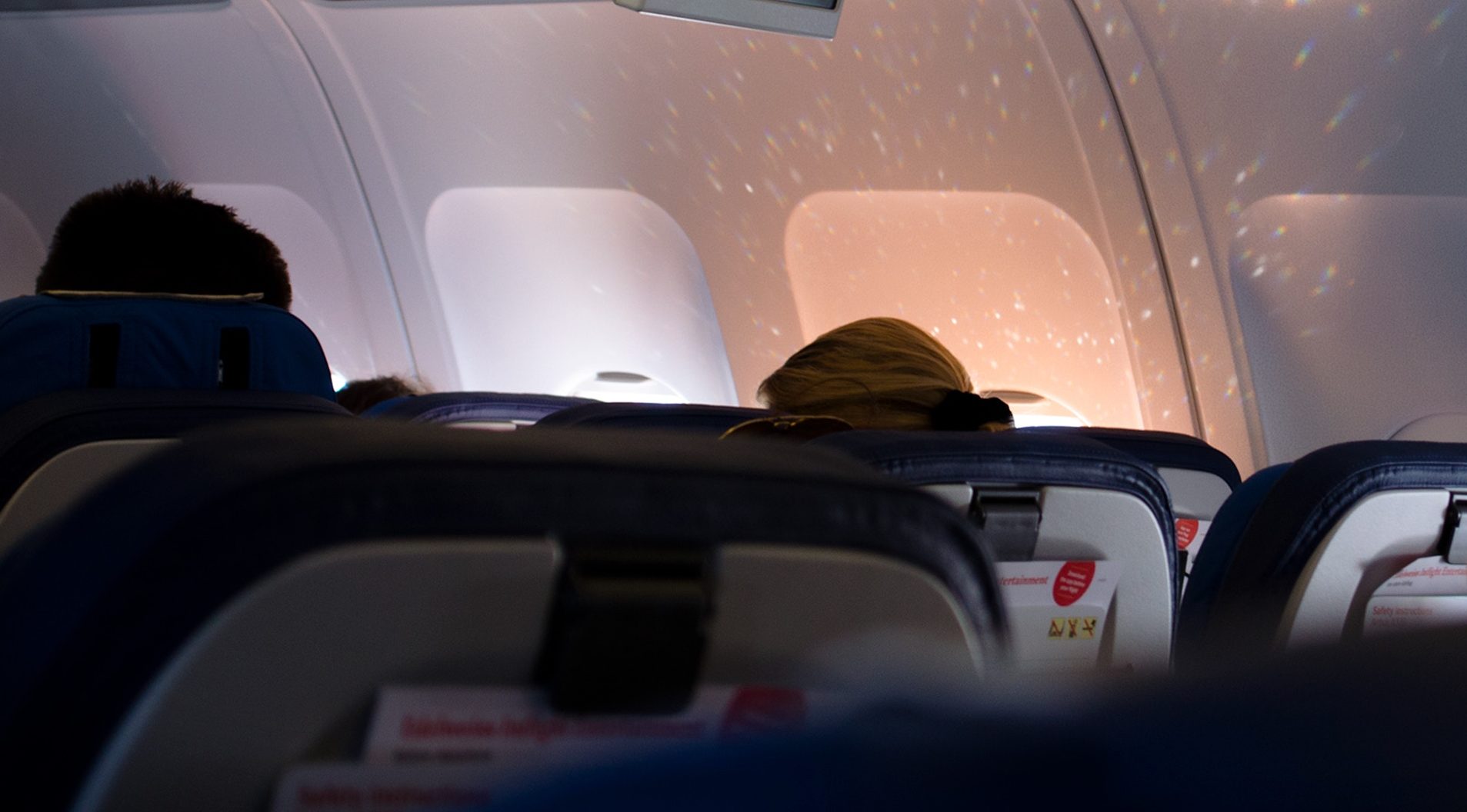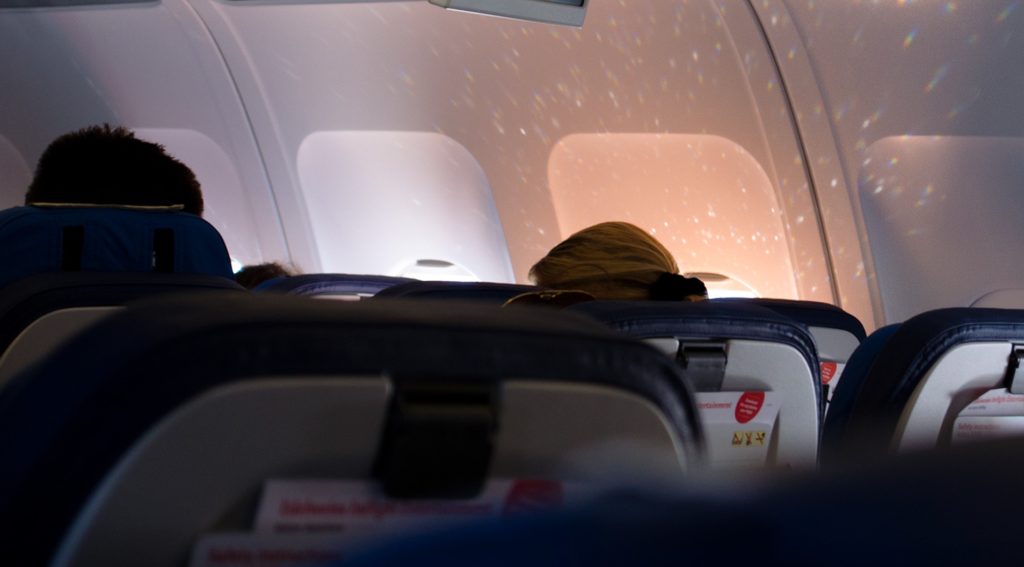
Flying with Infant
While flying you never know how your infant will react to the new routine and environment change. But with proper planning it is easier and enjoyable with the baby.

Before booking a flight:
1.) Infant’s age while flying – Your baby can fly from 1 week old. It depends on the airlines. Some may specify that the baby must be at least 2 weeks old. But i would recommend to wait for atleast 2 months unless it is absolutely necessary.
2.) Flight fare – You don’t have to buy tickets for children up to 2 years but you will have inform the airlines that you are traveling with an infant. They are not required to have their own seat and are allowed to travel on parent’s lap (only one child per adult). Be prepared that international flights may charge 10% of an adult fare plus taxes for lap infants. But if you want a separate seat for your child, you can always buy one. The fares are usually around 50% to 70% of an adult fare plus taxes.
3.) Car seat – If a seat has been reserved for your infant, you may bring your own car seat. Most car seats are approved for flight ravel. This is probably the best and safest way to travel with infants. Check with your airlines and inform them in advance as they have to make seat arrangements such that it doesn’t affect other passengers.
4.) Request a Bassinet – Airlines provide bassinet for babies under 1 year (weighing less than 10kg). There are some airlines like British airways that provides bassinet for children upto 2 years. It is best to check with the airlines before you book as you may not see bassinet availability in your booking process.
5.) Baggage for infants – In most airlines you are allowed to take one piece of carry-on luggage weighing less than 10 kg for each infant below 2 years who does not have their own seat.
6.) Stroller or buggy – Most airlines allow you to take a stroller/buggy which can be folded into one piece in addition to the carry-on luggage. There are complimentary strollers in some airports like Dubai which can be used for transit at free of cost.
7.) Baby carrier/ Sling – This comes handy while in airport and for travelling. Make sure you are using a very comfortable baby carrier that is easy to use as you may have to remove it for security checks. And While flying, It is recommended to take your child out of baby carrier while take off and landing.
8.) Non-stop flights – Book the flights that are non-stop or has minimum stop-overs. That way you don’t have to go through the hassle of carrying your baby through the tiring immigration process and also disturbing your baby’s feed or sleep.
9.) Baby food – It is always recommended to bring your own food for your babies. Any restrictions on bringing liquids do not apply to baby food. For infants more that 6 months old, some airlines may offer purees in food pouches at free of cost.
10.) Vaccination – If you are flying to a tropical destination, make sure that your family has all the right vaccinations.
Tips while flying
1.) If you are traveling with a lap infant, it is good to reach the airport early on the day of travel and request the staff to allot a seat next to an empty seat. So that you don’t have to carry your infant on lap all the time. This comes handy in long journey and most of the airlines help you with this.
2.) Most airlines let the family with infants to board first. So that you don’t have to wait to board. Do make use of this.
3.) While taking off and landing, babies will cry as their ears hurt. It is good to breastfeed/ bottle feed them at that time. For toddlers, it is best to give them some water. The intention is to swallow some liquid which will help relieving the pressure in their ears.
4.) Pack the diaper bag with all the essentials and best to keep it under your seat for easy access. You can refer my post on Infant travel checklist below.
5.) For toddlers – They are mostly bored while flying, books, a colouring kit is an option to keep them engaged.
6.) Breastfeeding – if you are breastfeeding or planning to pump, wear a comfortable wear. A nursing cover/ baby blanket would be very handy and make your very comfortable.
If you are pregnant :
1.) Tell cabin crew that you are pregnant (you may get a special attention).
2.) Accept help to lift heavy bags.
3.) Carry your doctor’s note. It is mandatory after your 28th week of pregnancy.
4.) Stay well-hydrated by drinking plenty of water throughout the flight.
5.) It is best to choose an aisle seat near the rest room. You may also prefer a bulkhead seat as it provides more legroom to keep the blood circulating.
6.) Most airlines do not allow you to travel if you are 36 weeks or more into pregnancy. Check this with your airline before booking your ticket.
